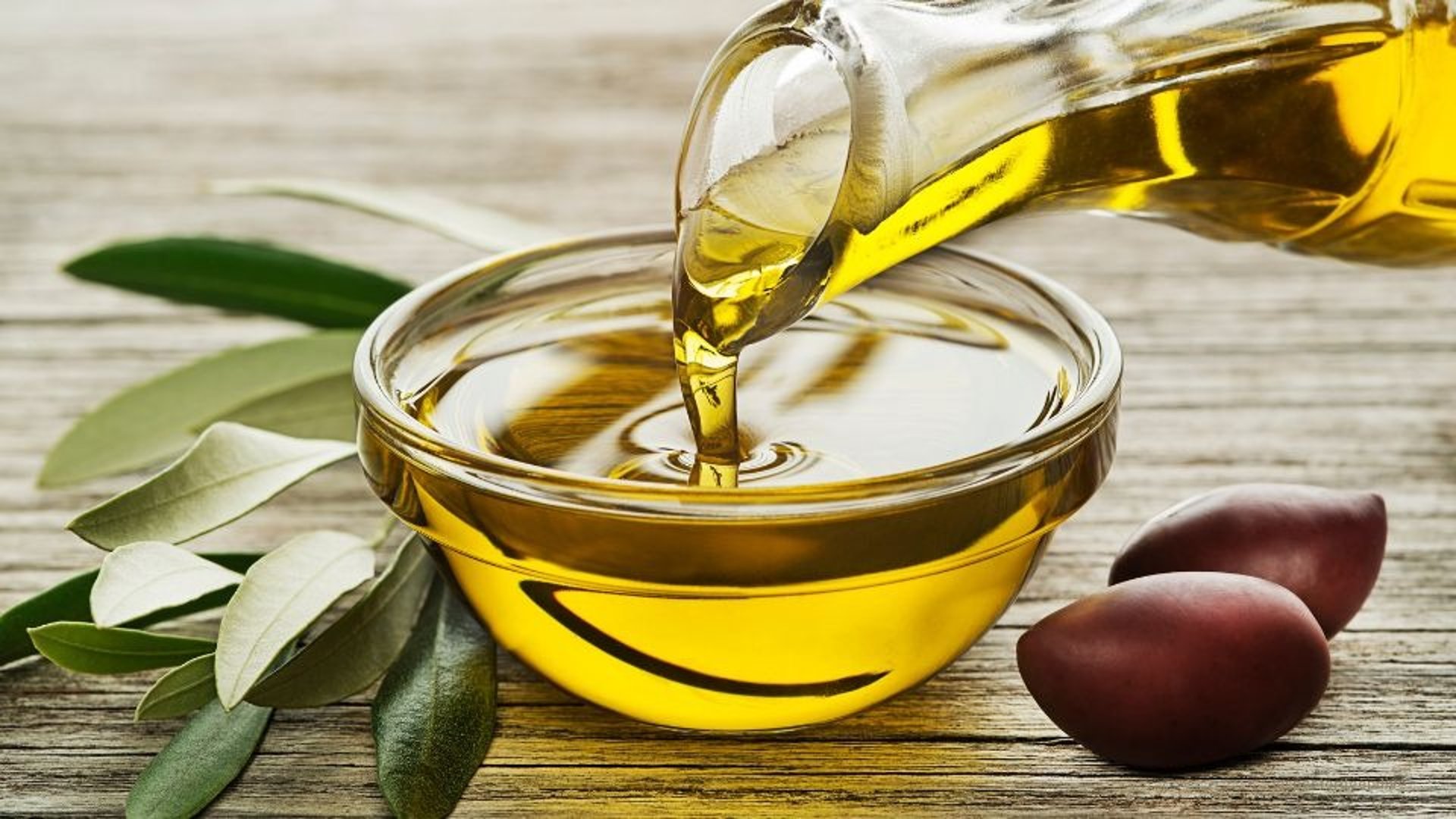Understanding Oleic Acid: The Healthy Fat Found in Olive Oil and Avocados

What Is Oleic Acid? Benefits of This Essential Monounsaturated Fatty Acid
Oleic acid stands as one of the most important:
and beneficial fatty acids in human nutrition. This monounsaturated omega-9 fatty acid, abbreviated as MUFA (Monounsaturated Fatty Acid), represents approximately 60-70% of olive oil and serves as a cornerstone of the celebrated Mediterranean diet. Unlike essential fatty acids that must be obtained from food, oleic acid can be synthesized by the human body but is best obtained through dietary sources for optimal health benefits.
What makes oleic acid particularly remarkable:
has its stability and health-promoting properties. Unlike polyunsaturated fats that are prone to oxidation and rancidity, oleic acid's single double bond structure makes it relatively stable while still providing exceptional cardiovascular and metabolic benefits. This unique characteristic has made it a focus of extensive research and a key component in the development of functional foods and therapeutic interventions.
The discovery of oleic acid's profound health effects:
has revolutionized our understanding of dietary fats. Once considered simply a source of calories, oleic acid is now recognized as a bioactive compound that influences gene expression, cellular function, and systemic health through multiple mechanisms. Its presence in traditional diets of the longest-lived populations has sparked intense scientific interest and validation of ancestral wisdom.
Definition and Chemical Structure
Oleic acid is a monounsaturated fatty acid with the chemical formula C18H34O2. It's classified as an omega-9 fatty acid because its first double bond is located at the ninth carbon atom from the methyl end of the molecule. This single double bond gives oleic acid its characteristic properties and distinguishes it from saturated fats (no double bonds) and polyunsaturated fats (multiple double bonds).
The cis-configuration of oleic acid's double bond is crucial for its biological activity and health benefits. This natural configuration allows the molecule to integrate properly into cell membranes and participate in cellular signaling processes.
Natural Sources of Oleic Acid
Olive Oil: The richest source, containing 55-85% oleic acid depending on variety and processing
Avocados:
Provide 15-20% oleic acid along with other beneficial compounds
Nuts:
Macadamia nuts (up to 60%),
Amonds (65%),
Pecans (55%)
Hazelnuts (75%)
Seeds:
Sunflower seeds
Pumpkin seeds
Sesame seeds
Animal Fats:
Beef tallow
Pork fat
Duck fat
contain moderate amounts
2025 Scientific Breakthroughs
Research has unveiled extraordinary new benefits of oleic acid:
That extend far beyond its traditional role in heart health. Studies in 2024-2025 reveal that oleic acid may enhance mitochondrial function and cellular energy production, potentially improving athletic performance and combating chronic fatigue. Emerging evidence suggests that optimal oleic acid intake is associated with enhanced cognitive function, memory formation, and protection against age-related cognitive decline.
Oleic acid Spplementation
May significantly reduce inflammatory markers and autoimmune responses, with recent clinical trials showing up to 35% reduction in C-reactive protein levels among individuals with metabolic syndrome. Additionally, researchers have discovered that oleic acid exhibits potent properties that may help protect against neurodegenerative diseases including Alzheimer's and Parkinson's.
Recent studies in Oleic Acid's Role
In supporting gut microbiome health and reducing inflammatory bowel disease symptoms. Furthermore, cutting-edge research reveals that oleic acid may enhance the body's natural DNA repair mechanisms and cellular autophagy processes, potentially offering protection against cellular damage and aging.
Breakthrough research in 2025
Has also shown that oleic acid can modulate gene expression related to fat metabolism and insulin sensitivity, with clinical trials demonstrating significant improvements in glucose metabolism and reduced diabetes risk among participants following high-oleic acid diets.
Health Benefits of Oleic Acid
Cardiovascular Protection: Oleic acid supports healthy cholesterol profiles by increasing HDL (good cholesterol) while reducing LDL (bad cholesterol) oxidation. Studies show it may lower heart disease risk by up to 30% in individuals with optimal intake levels.
Anti-Inflammatory Effects: Research demonstrates that oleic acid significantly reduces inflammatory markers including interleukin-6 and TNF-alpha, helping combat chronic inflammation associated with various diseases.
Skin Health: Oleic acid supports skin barrier function, reduces transepidermal water loss, and may help protect against UV damage and premature aging.
Cancer Prevention: Emerging evidence suggests oleic acid may inhibit cancer cell growth and promote apoptosis (programmed cell death) in various cancer types.
Brain Health: Recent research reveals strong correlations between oleic acid intake and cognitive function, with supplementation showing benefits for memory and neuroprotection.
Weight Management: Oleic acid supports healthy metabolism and may help with weight management by promoting satiety and supporting fat oxidation.
Insulin Sensitivity: Studies show oleic acid improves insulin sensitivity and glucose metabolism, potentially reducing type 2 diabetes risk.
Liver Health: Research indicates oleic acid supports liver function and may help protect against non-alcoholic fatty liver disease.
How Oleic Acid Works in the Body
Once consumed, oleic acid is absorbed in the small intestine and incorporated into chylomicrons for transport throughout the body. It can be stored in adipose tissue, incorporated into cell membranes, or used for energy production. Oleic acid influences cellular function by:
Modifying cell membrane fluidity and function
Activating transcription factors that regulate gene expression
Inhibiting inflammatory pathways
Supporting mitochondrial function and energy production
Enhancing insulin signaling pathways
Recommended Intake
While there is no official RDA for oleic acid, nutrition experts recommend that 10-15% of total daily calories should come from monounsaturated fats, with oleic acid being the primary source. For a 2000-calorie diet, this translates to approximately 22-33 grams of oleic acid daily.
Safety and Considerations
Oleic acid is generally safe when consumed through natural food sources. However, excessive intake through supplements may cause digestive discomfort in some individuals. People with nut allergies should avoid nut-based sources while choosing alternative options like olive oil or avocado.
Who Should Increase Oleic Acid?
Individuals with cardiovascular risk factors, those seeking anti-inflammatory benefits, people interested in cognitive health support, and anyone looking to improve their overall fat quality should consider optimizing oleic acid intake. Regular consumption of oleic acid-rich foods can be part of a healthy dietary pattern.
Conclusion
Oleic acid represents one of the most powerful and versatile fatty acids available for optimizing human health. Its unique status as a stable monounsaturated fat with profound biological activity makes it essential for cardiovascular health, cognitive function, and overall well-being. Whether obtained through olive oil, avocados, nuts, or other natural sources, maintaining optimal oleic acid intake stands as one of the most impactful dietary choices individuals can make for their long-term health and vitality. With continued scientific breakthroughs revealing new benefits through 2025, oleic acid's role in preventive healthcare and therapeutic nutrition continues to expand, offering exciting possibilities for future health optimization.
Understanding Oleic Acid: The Healthy Fat Found in Olive Oil and Avocados
info@inspectordeepdive.com
© 2025 food.InspectorDeepDive.com. All rights reserved. Content may not be copied or republished without permission.
This article is for informational purposes only. InspectorDeepDive.com does not provide medical advice. Always consult a licensed healthcare provider before making dietary or health decisions.
